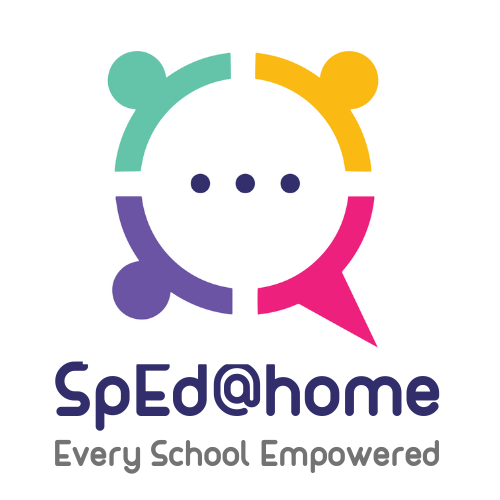Education therapy, also known as educational therapy or learning therapy, is a specialized form of intervention that focuses on addressing and supporting children with learning difficulties or disabilities. Here are some benefits of education therapy for children.
Take an Educational Assessment today
Individualized Approach
Education therapy takes into account the unique learning needs and challenges of each child. It offers a tailored, one-on-one approach, allowing the therapist to design personalized strategies and interventions that suit the child’s specific learning style.
Targeted Skill Development
Education therapy focuses on developing and improving specific academic, cognitive, and executive functioning skills. It helps children enhance areas such as reading, writing, math, attention, memory, problem-solving, organization, and time management, among others.
Remediation of Learning Difficulties
Education therapy aims to address the root causes of learning difficulties rather than simply providing short-term solutions. By identifying and targeting underlying learning challenges, the therapy helps children overcome their difficulties and build a strong foundation for future academic success.
Boosts Confidence and Self-esteem
Children with learning difficulties often struggle with their self-esteem and may feel discouraged or frustrated by their academic challenges. Education therapy provides a supportive and nurturing environment where children can experience success and progress at their own pace. As they develop new skills and witness their own growth, their confidence and self-esteem improve.
Enhances Learning Strategies
Education therapy equips children with effective learning strategies and study skills that can be applied across various academic tasks. Children learn how to break down complex tasks, manage their time, organize information, and utilize strategies tailored to their individual strengths and weaknesses. These skills empower them to become more independent learners.
Emotional and Behavioral Support
Education therapy recognizes that emotional and behavioral factors can impact a child’s learning. Therapists work closely with children to address any emotional barriers that may be hindering their academic progress. By providing emotional support, building resilience, and teaching coping mechanisms, education therapy helps children manage stress and anxiety related to their academic challenges.
Collaboration with Other Professionals
Education therapists often collaborate with teachers, parents, and other professionals involved in a child’s education. This collaboration ensures a holistic approach, where everyone works together to support the child’s learning and development. By fostering open communication and sharing insights, education therapy helps create a comprehensive support system for the child.
Long-term Academic Success
Through its targeted interventions and skill development, education therapy equips children with the tools they need to succeed academically in the long term. By addressing learning difficulties early on and providing ongoing support, children are better prepared to overcome challenges, meet their academic goals, and maximize their potential.
Overall, education therapy offers numerous benefits for children with learning difficulties. By providing personalized support, remediation of challenges, and empowering strategies, it helps children build a solid educational foundation and fosters their overall growth and development.
Many students benefit from traditional school systems which require in-person attendance on a daily basis. However, it has been observed that students who require special education often have unique needs and do not thrive in this kind of settings.
Read on to know how Online Special Education is a better alternative to a traditional offline environment.
Increased flexibility
Online learning allows students to learn at their own pace and on their own schedule, which can be particularly beneficial for those with special needs. It allows students to be in control of their learning and give them ample time to identify and overcome any challenges along the way.
Access to a wider range of resources
Online special education programs can provide students with access to a wider range of resources, such as specialized software and online learning tools. These help assist students and promote a healthy supportive learning environment.
Improved communication and collaboration
Online learning can facilitate communication and collaboration between students, teachers, and parents, which can be especially beneficial for special education students. This ensures that students who face learning and other emotional difficulties find it easier to fit in and make allies on the education front.
Access to multi-modal instruction
Online education can provide access to multi-modal instruction, such as videos, audio, and text, which can be beneficial for children with learning disabilities who may have difficulty with traditional visual instruction. Students can pick the model that best suits their learning requirements and keep up with their peers.
Also read: Teacher Strategies For Online Education
More individualized instruction
Online special education programs can allow for more individualized instruction, as teachers can tailor their instruction to meet the specific needs of each student.
Cost-effective
Online education can be more cost-effective than traditional on-campus and on-site education.
Access to remote and rural areas
Online education can provide access to education for students living in remote or rural areas where there may not be any special education resources.
There are several reasons why Online Special Education programs could make a huge difference to a student’s academic performance. Like every student is unique, so is the educational and therapy programs at Sped@Home. We are the experts in this field who know that the student’s needs are always priority.









